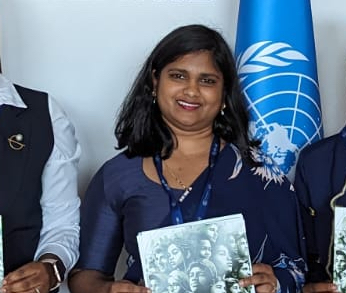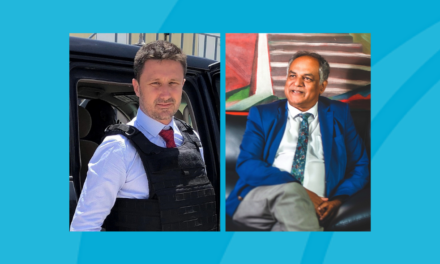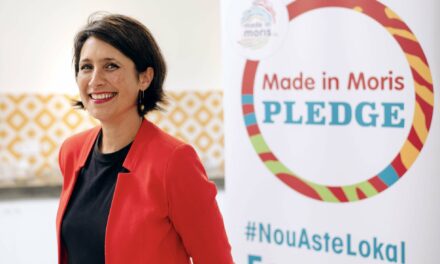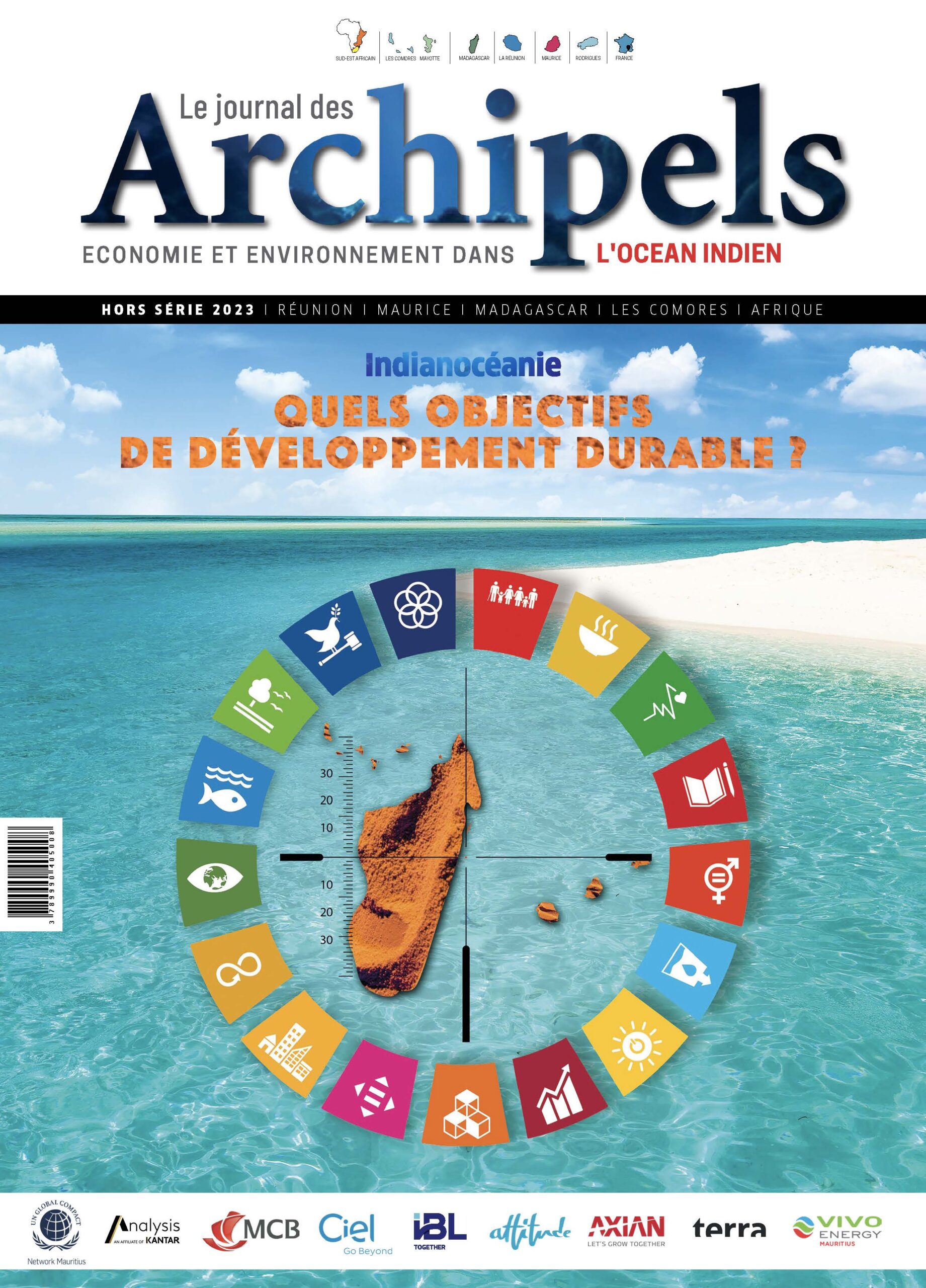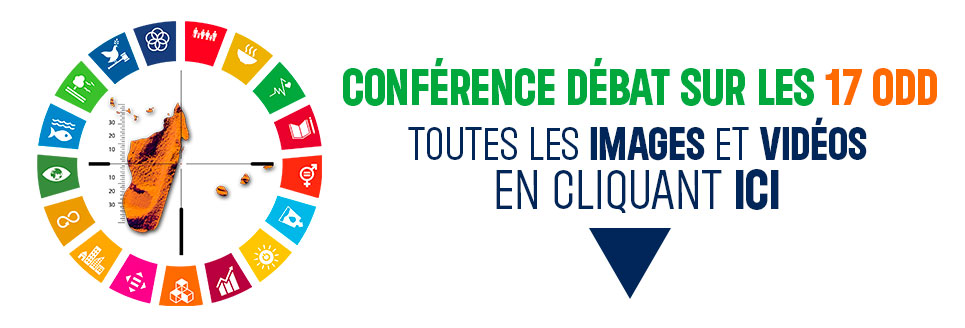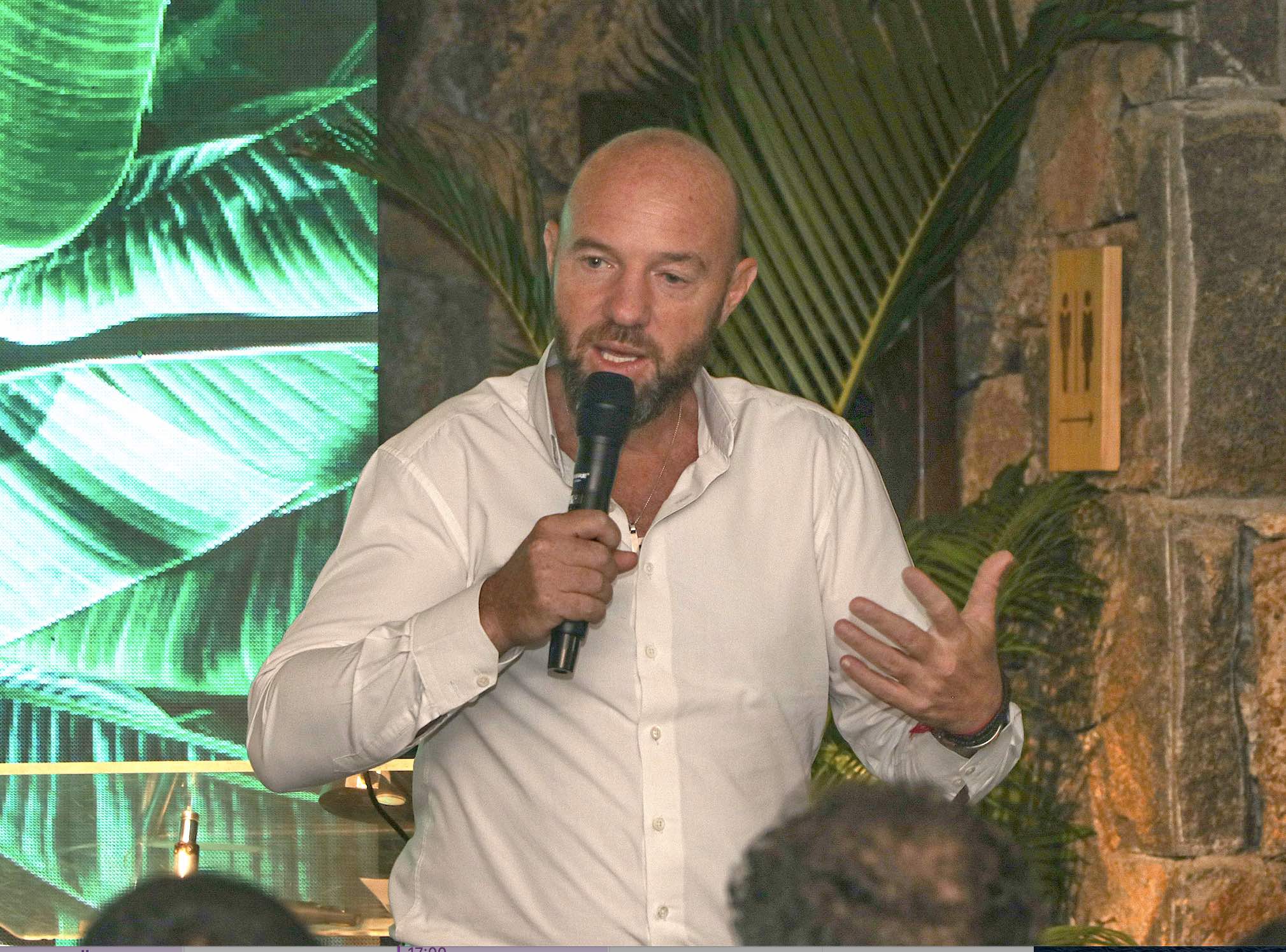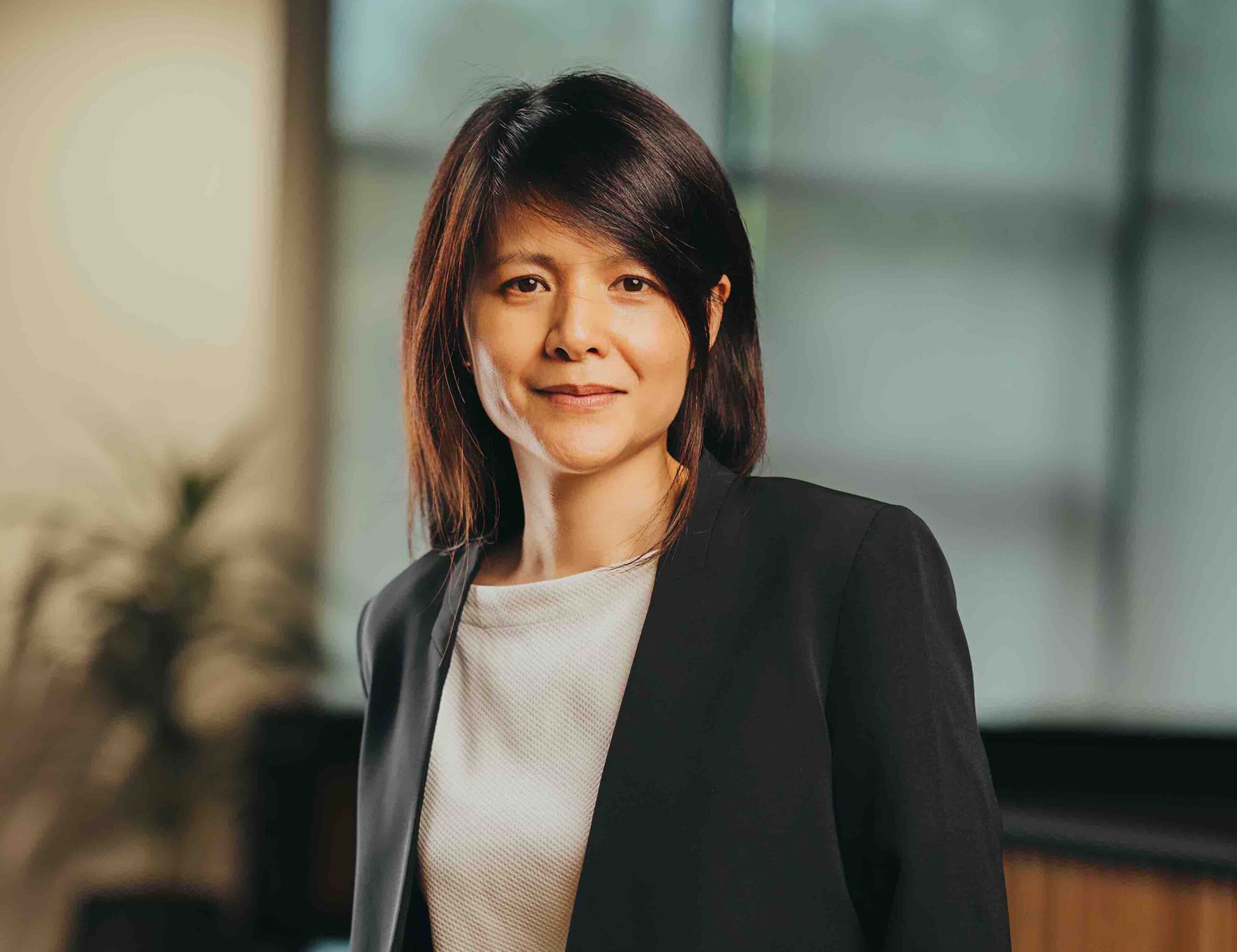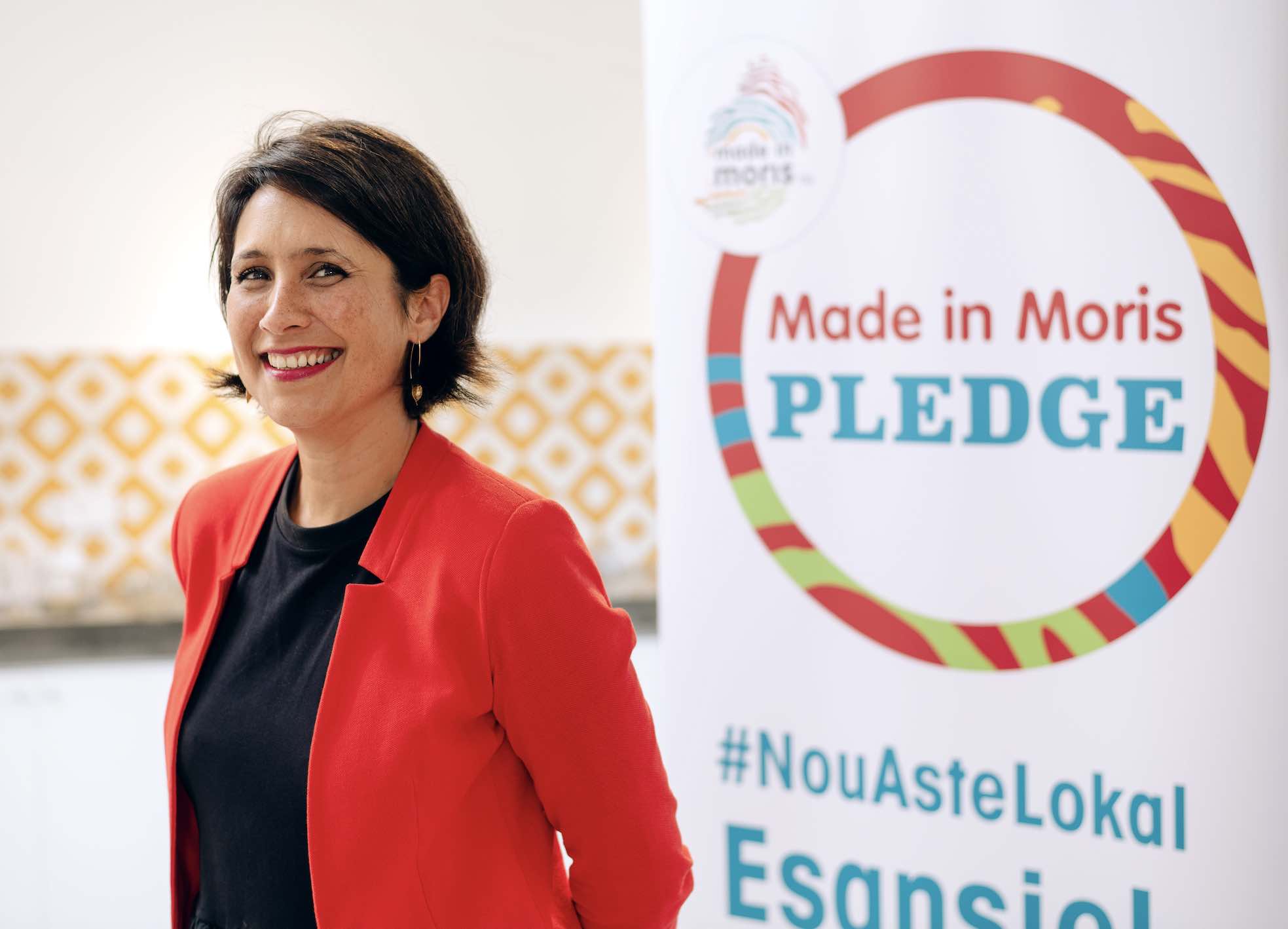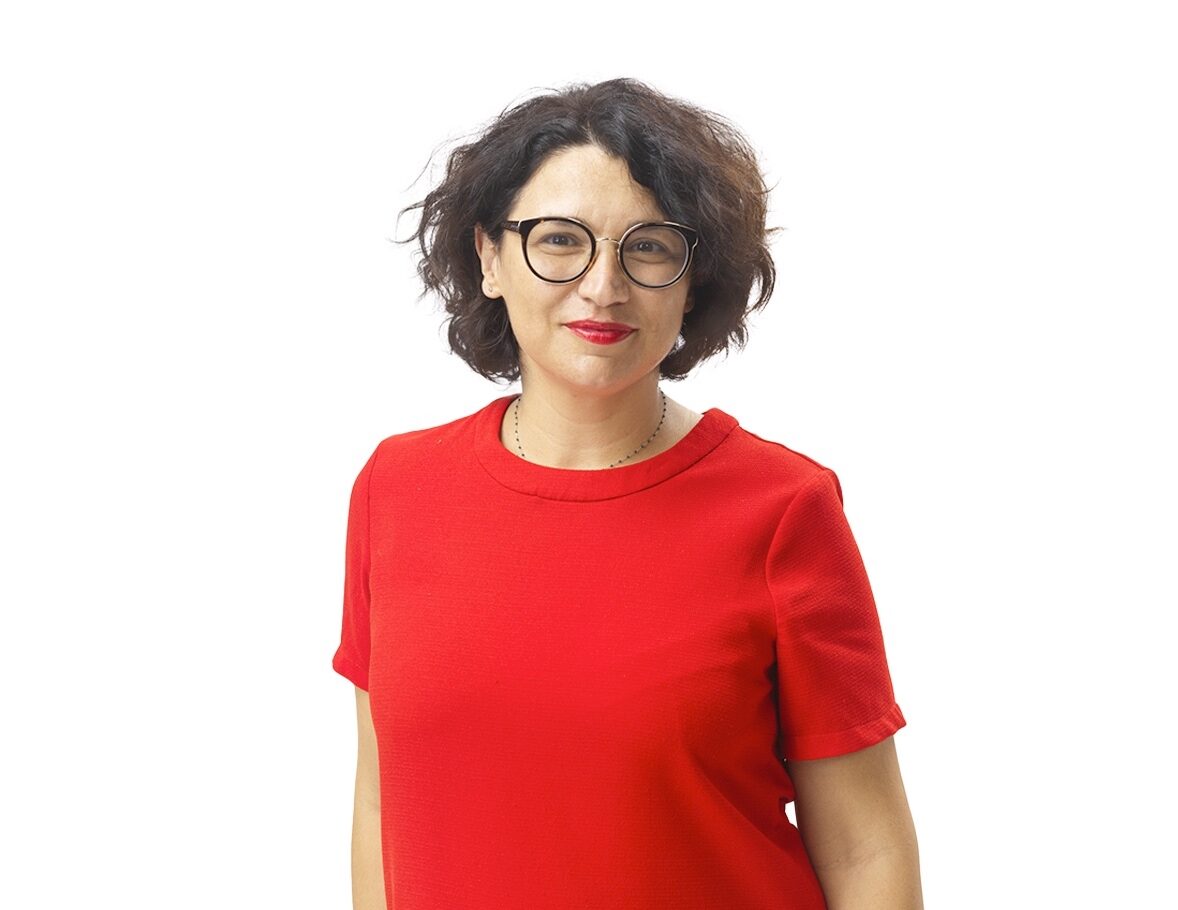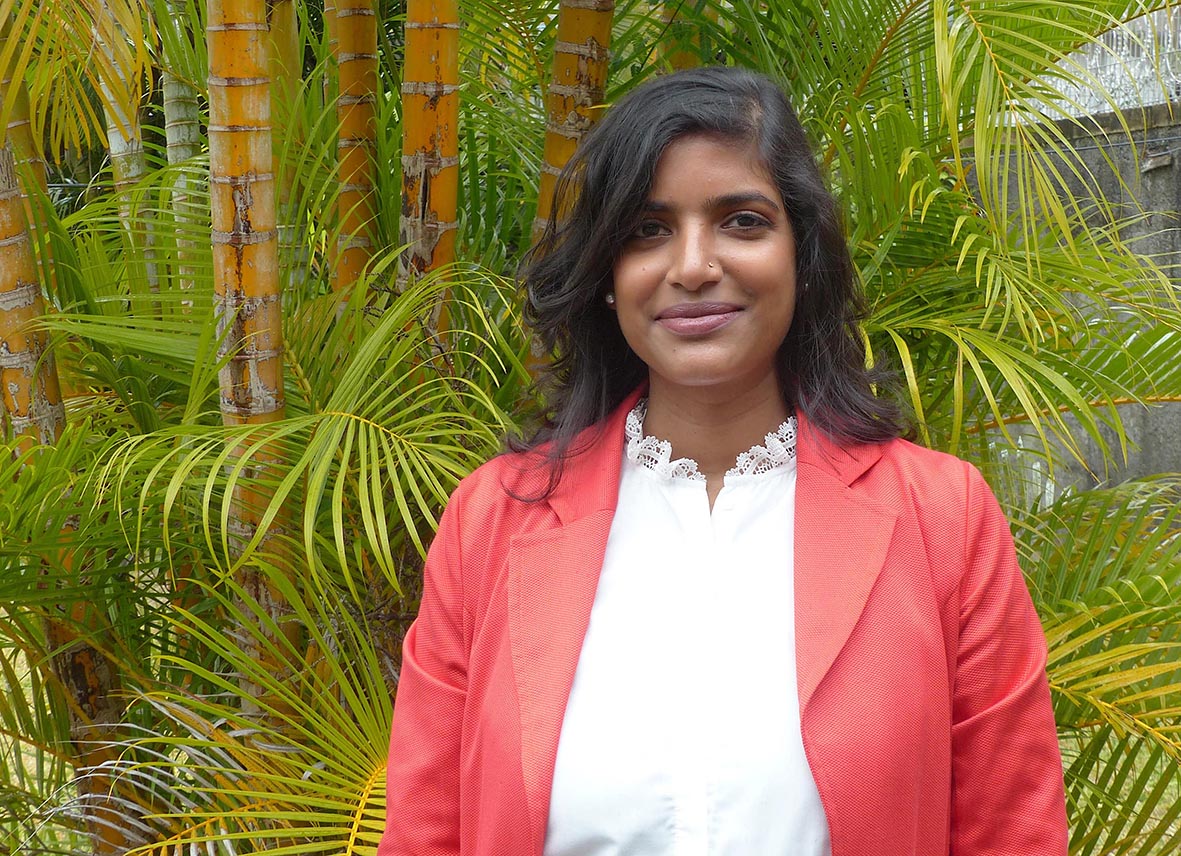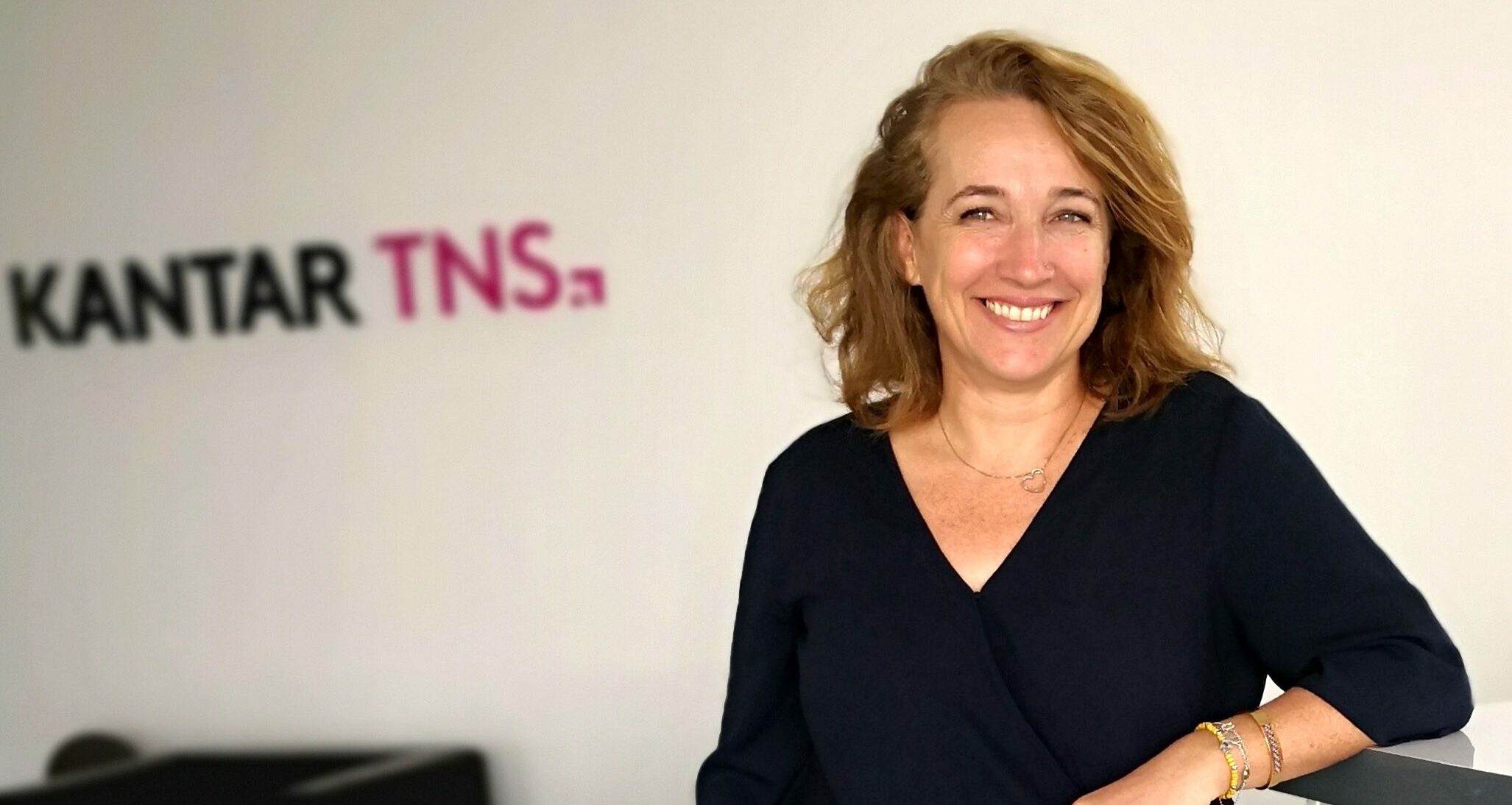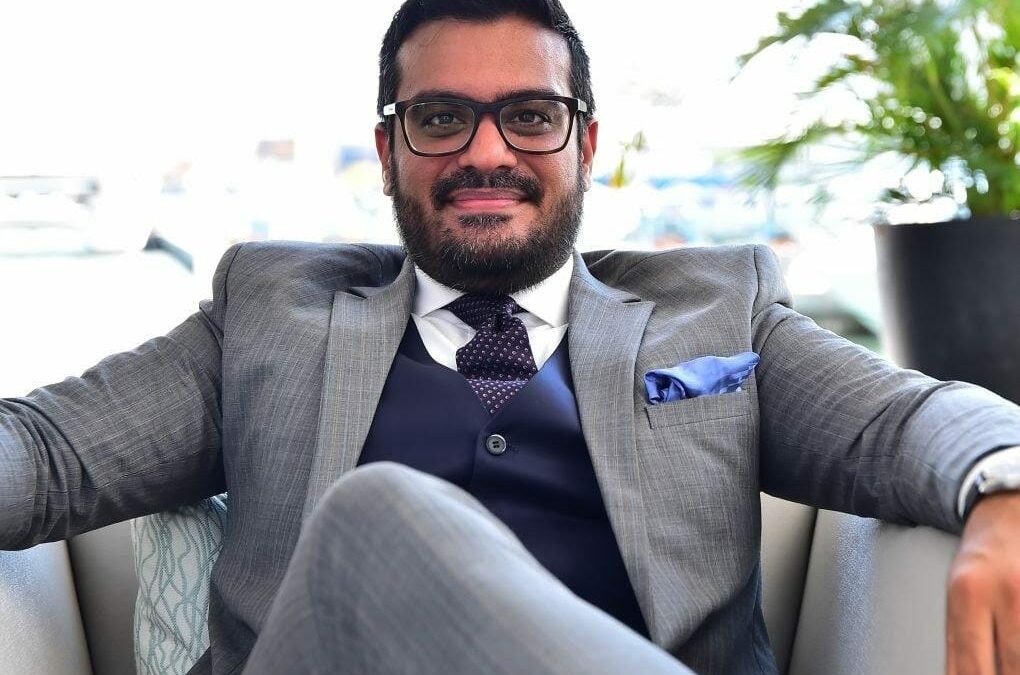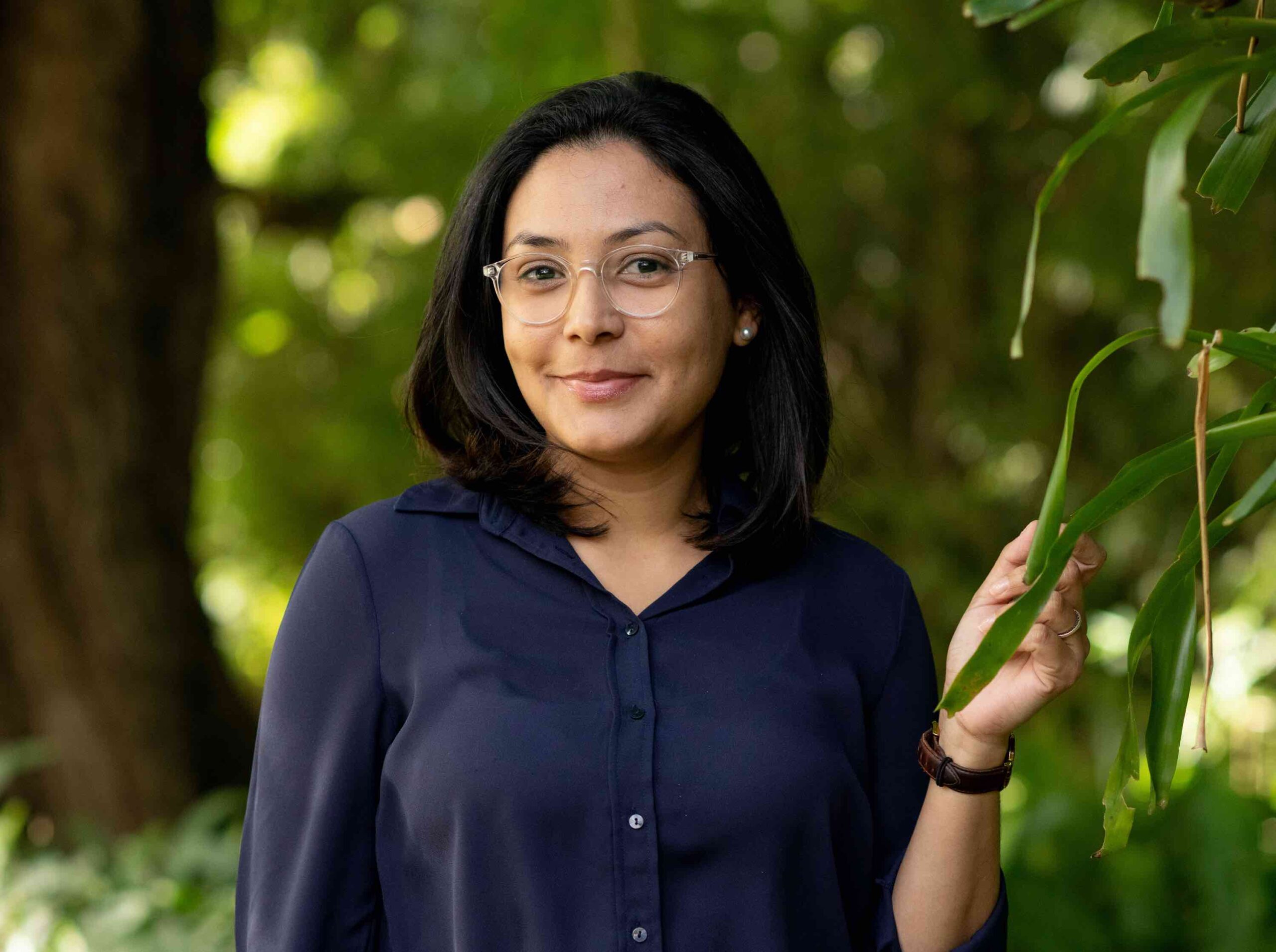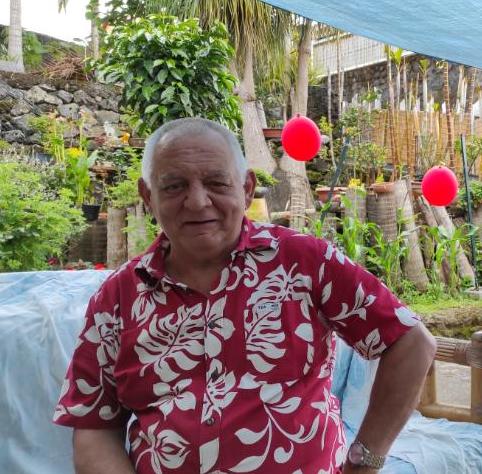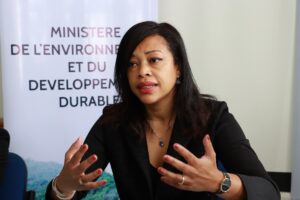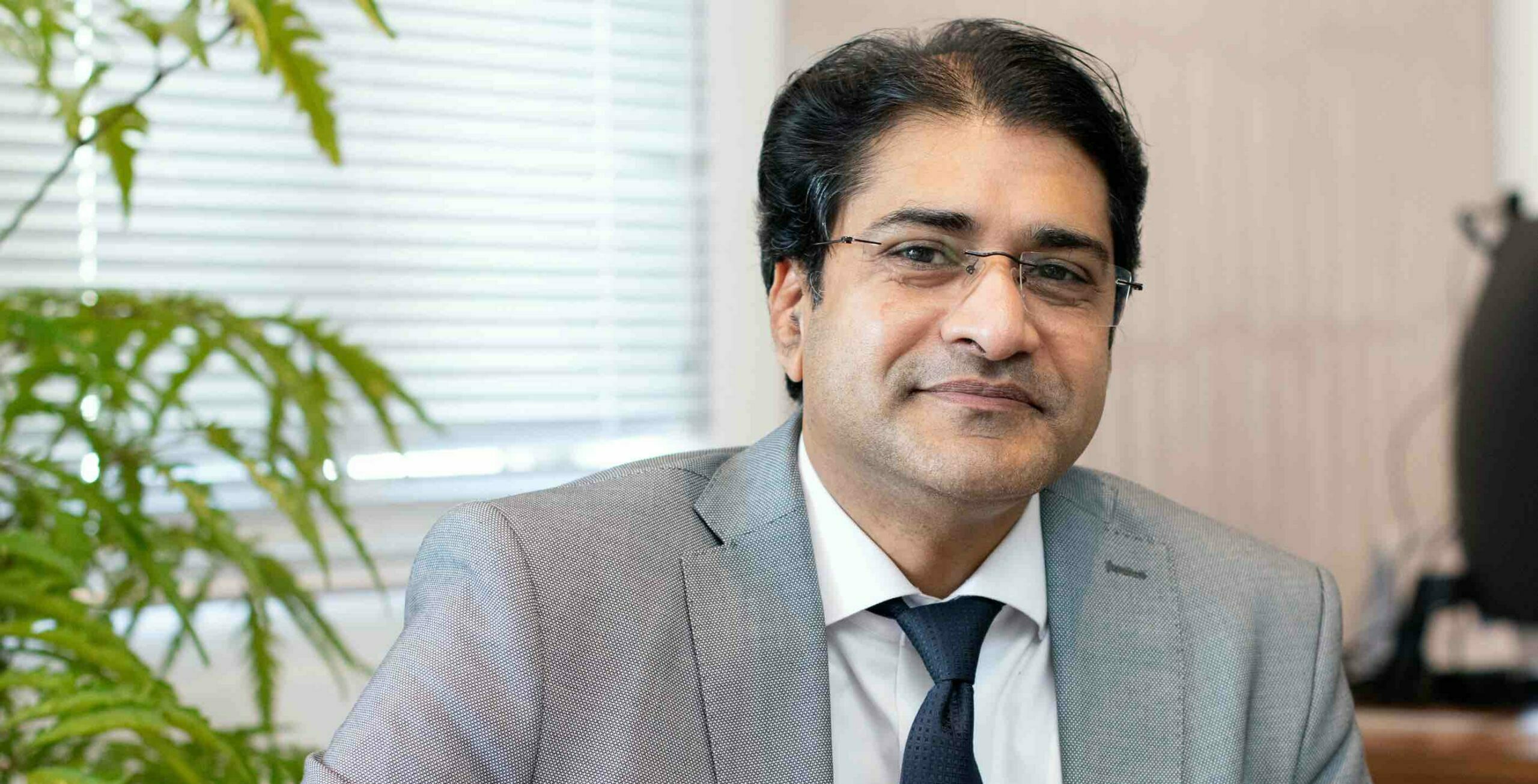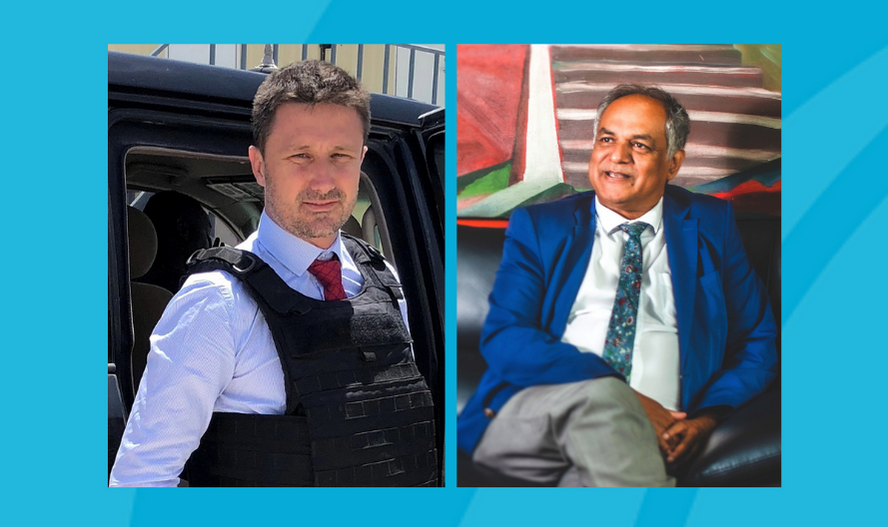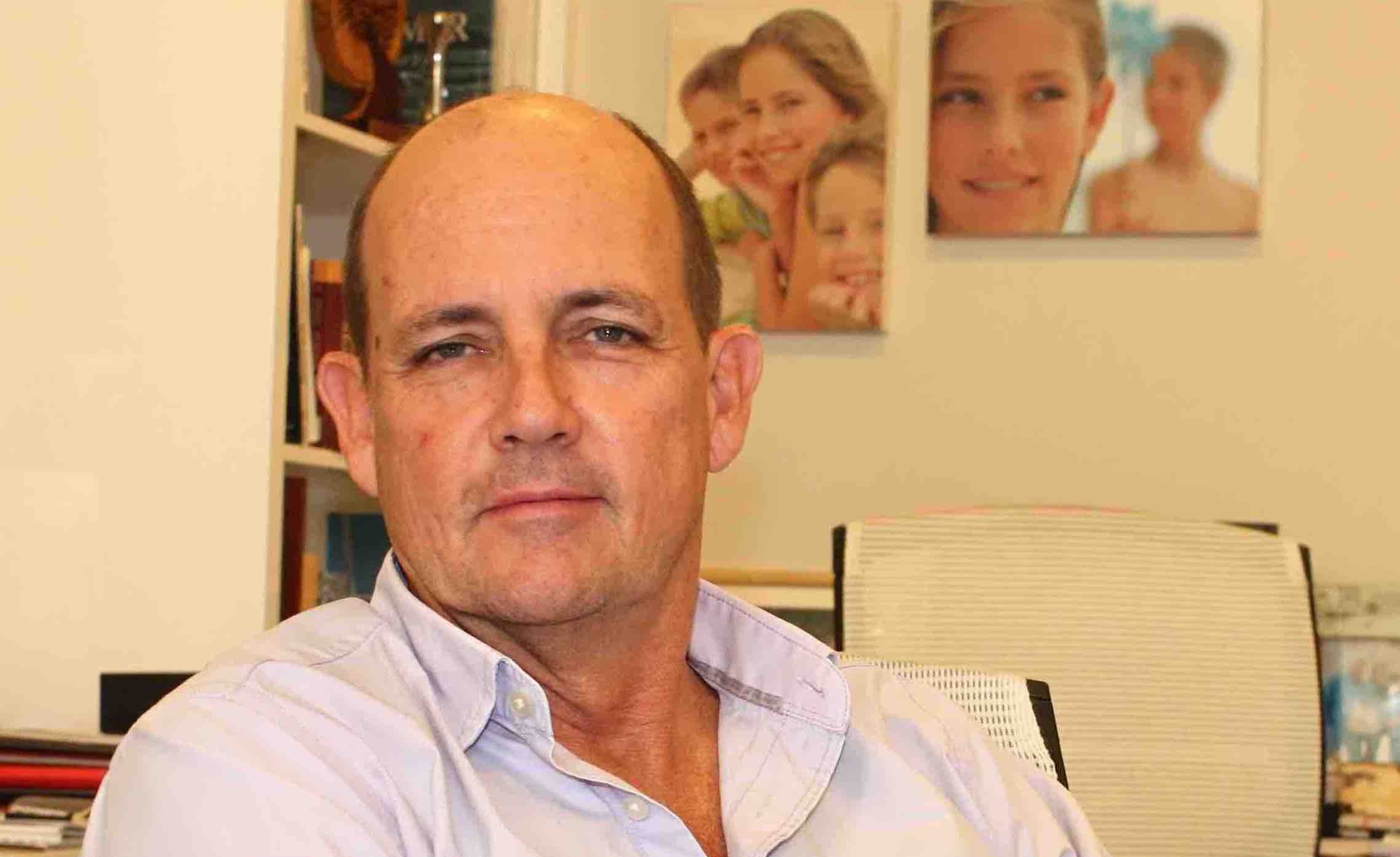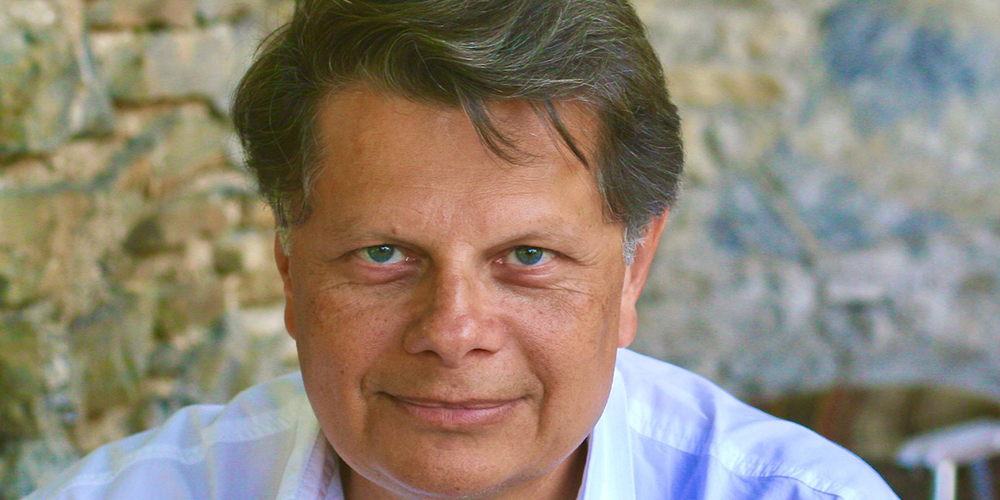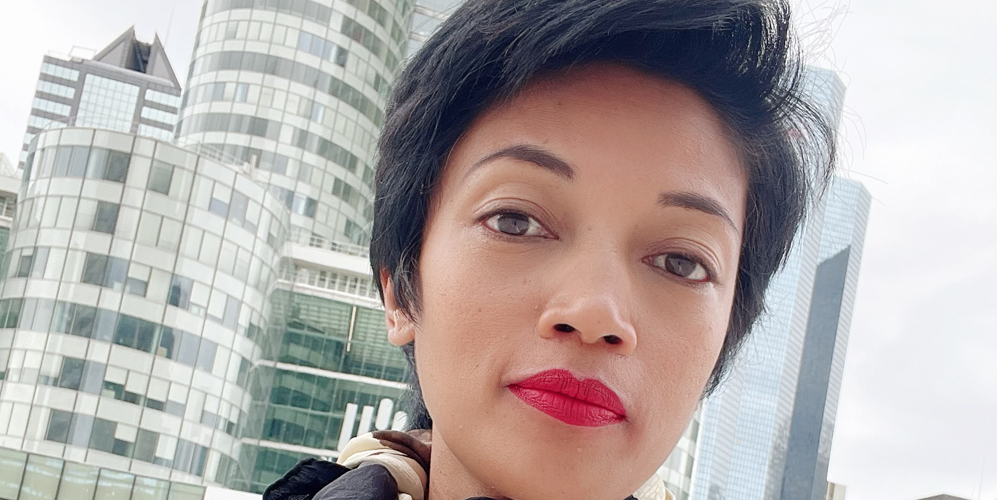Dr Karishma Ansaram*, a regular contributor to Le Journal des Archipels, was present at COP 28 in Dubai, United Arab Emirates, in December 2023.
She regrets that the final agreement of the last COP was approved when the representatives of the Small Island Developing States (SIDS) were not in the room.
Read the rest of the article in our latest magazine (JDA 16)
“COP28 saw several high-level announcements, such as the “Joint Statement on Credit Enhancement of Sovereign Sustainability Finance for Nature and Climate”, announced by the multilateral development banks and other international organisations. The statement recognises the growing vulnerability of SIDS and urges rich countries to accelerate debt cancellation and provide adequate grant-based climate finance. A call was also made for “private finance actors to collaborate on adaptation and resilience”. Improving the accessibility and availability of physical information on climate risks and resilience can bring considerable benefits on a wider scale.
PEID governments should create an enabling environment.
Reforms to financing instruments and debt mechanisms are imperative if SIDS are to adapt to climate change and promote sustainable development. Initiatives such as the Bridgetown Initiative are moving in the right direction, advocating changes in financing structures and debt mechanisms. Exploring SIDS-specific financing vehicles in multilateral development banks (MDBs), international financial institutions (IFIs) and the Green Climate Fund (GCF) can improve access for these vulnerable nations. Another tool worth considering is the Multidimensional Vulnerability Index (MVI). This index can help SIDS and other vulnerable countries access concessional financing and reduce their debt.
In addition, SIDS governments should consider creating an enabling environment, for example by supporting research and development, subsidies, tax incentives targeted at resilience and adaptation measures that include an element of risk reduction or procurement policies, among others. The sharing of knowledge and expertise between the public and private sectors is an essential element in achieving a mutual understanding of the mobilisation of climate finance.
“Indian Ocean PEIDS should have a common message”.
SIDS face unique challenges that require unified political advocacy. The Alliance of Small Island States, in particular, played a central role in lobbying for the Loss and Damage Fund, the culmination of more than 30 years of perseverance in climate negotiations. AOSIS, which represents the small island states most sensitive to climate change, set out its priorities at COP28, highlighting the urgent need for climate finance. Caribbean island states forged a united front ahead of COP28, highlighting the need for collective action, but small island states in other regions, including the Indian Ocean, are not keeping pace.
Indian Ocean SIDS can use platforms such as the Indian Ocean Rim Association (IORA) to collectively tackle climate change. They should also convey the same common message.
For example, despite the growing presence of Mauritian stakeholders at COP28, we noticed that the focus is still on energy transition or mitigation rather than adaptation and resilience, which the country and the region need most. We can note significant movement in the Caribbean with Barbados playing a key role in the Paris Summit in 2023 and Antigua and Barbuda preparing for the Fourth International Conference on SIDS in May 2024. The world must hear, include and act for SIDS.”
*Karishma Ansaram, a Mauritian, is an analyst on debt reforms and climate change. She teaches and supervises research on sustainable finance at Oxford University (UK), the Rotterdam School of Management (Netherlands) and the IESEG School of Management (France). She holds a PhD on climate finance and carbon pricing from the University of Lille (France) and follows negotiations on climate finance at the UNFCCC (United Nations Framework Convention on Climate Change), notably at COP meetings.


